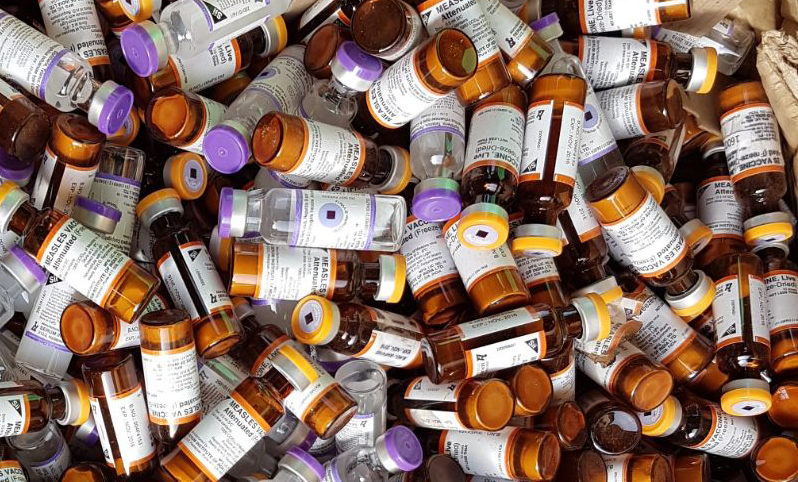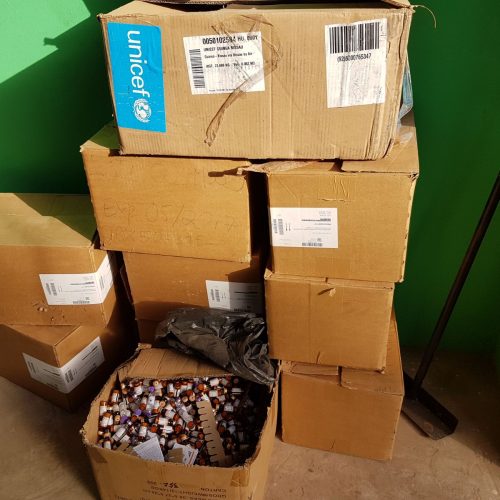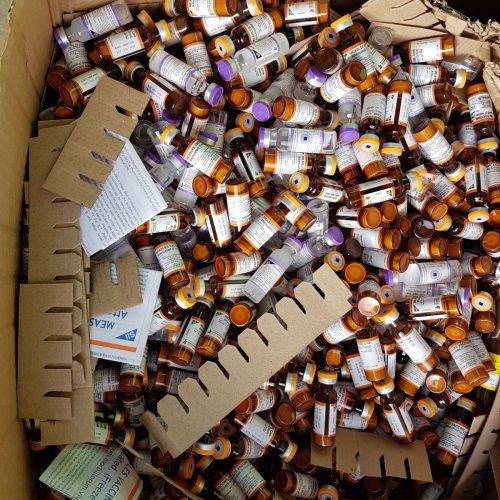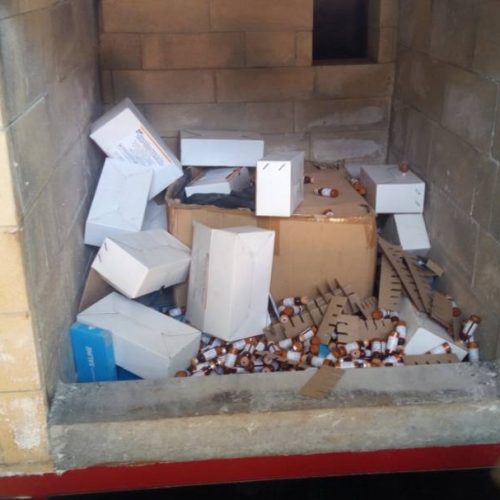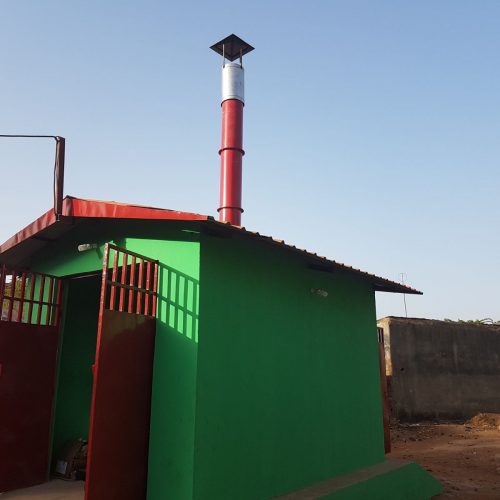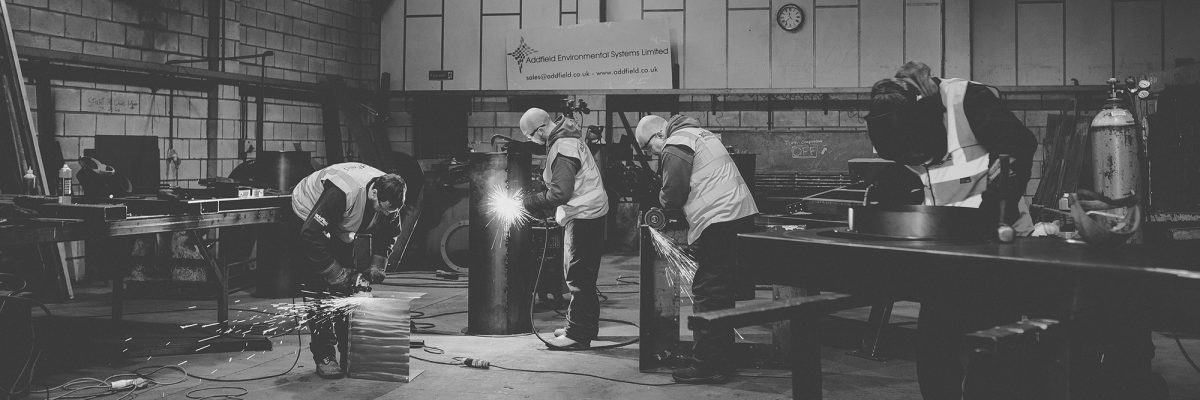MP100 Medical incinerator for Vaccination Disposal in North Africa
In many circumstances, people often consider that medical waste is generated as a by-product of illness or injury. One area that is often overlooked is the disposal of medicines and more importantly products leftover from immunisation and vaccination programs.
We recently supported a leading international aid agency in the supply of one of MP100 (Medical Pathological) incinerators. The project was to provide reliable and safe disposal of medical waste for a clinic that delivered a high ratio of immunisation and vaccinations against multiple diseases.
As this waste would comprise of a higher than standard ratio of used needles and glass vials we needed to review our options to ensure that we would deliver them the best solutions.
We recommended our MP range which is very popular in health centres, clinics and hospitals across North Africa and Asia. Partly due to the fact that they are front loading which means they can be loaded and reloaded throughout the incineration process. This enables the waste to be disposed of as it is generated, rather than having to be left around waiting for the next cycle.
Being front loading also makes the de-ashing process more efficient and ergonomic to use. Due to the nature of the wastes having a higher than average amount of metal and glass following incineration. These now sterile materials can easily be processed and segmented prior to recycling.
There are currently 26 diseases that have proved to be controlled and preventable through pro-active immunisation these include but is not limited to:
- Cholera
- Diphtheria
- Hepatitis A, B, E
- Influenza
- Measles
- Mumps
- Rabies
- Rubella
- Tetanus
- Tuberculosis
- Typhoid fever
In 2018 UNICEF stated that globally more than 116 million children were vaccinated against Diptheria, Tetanus and Pertussis (DTP) alone add to that figure the additional 23 vaccines that are available and you can develop a picture of how large and important vaccination is.
Now consider the sheer volume of single usage waste that is produced providing vaccines across a wider arena. As well as having to dispose of used vials and needles that have been used in immunisation. Unused, expired and damaged vaccines also needs to be disposed of securely to prevent risks of contamination and misuse due to the delicate nature of many vaccine cultures.
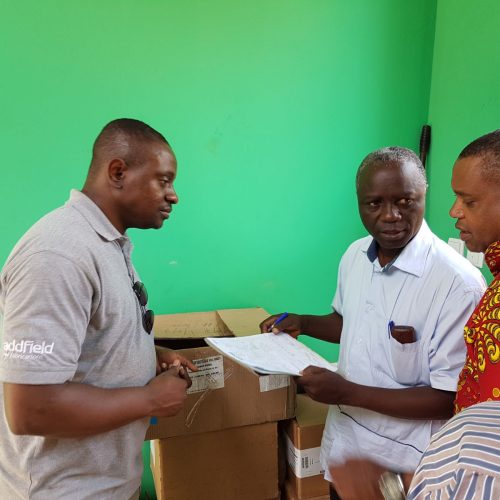
Following the incineration process, any packaging and general medical waste will be reduced to inert ash whilst any glass vials and sharps will be sterilised and safe to dispose of using more traditional methods either crushing, landfill or recycling depending upon the final waste management systems in place.
The MP100 was selected to provide this service, due to the popularity of the of the MP range which has proven itself to be highly reliable and effective for multiple aid agencies worldwide. Often installed in remote and inhospitable environments whilst ensuring a consistently high quality level of disposal.
Due to it’s scale it was able to be installed in an onsite building removing the additional complications of safely transporting the waste offsite due to it’s hazardous composition.
As with all of our installations we ensure that full training was provided onsite to guarantee that the workforce was fully capable of operating the machine in an optimal manner. As well as passing over the skills and knowledge to complete essential servicing and maintenance tasks as required without having to rely on bringing our engineers back every year.
Overall it has been a highly successful operation with the incinerator delivering results that have exceeded our customers’ expectations leading to further orders of our MP machines for multiple locations and requirements.

